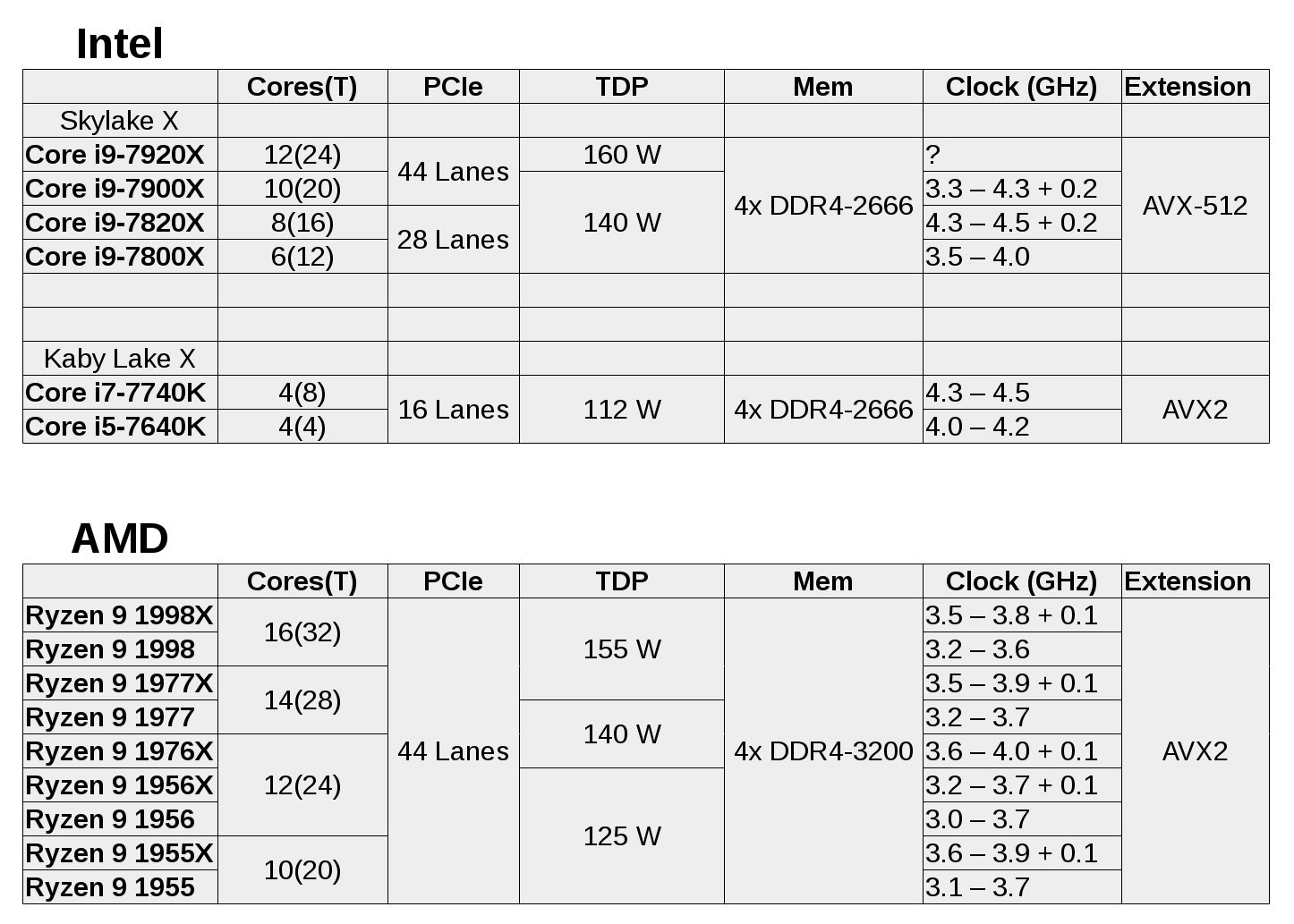Shintai
Supreme [H]ardness
- Joined
- Jul 1, 2016
- Messages
- 5,678
You really know nothing about the corporate world do you. AMD wants high margins no doubt, but they cant charge more then Intel unless they beat them at every metric and since this a Intel forum I tend to only focus on that company. Intel has never cared what AMD was charging for a processor, Intel has there own internal ideas for that, it only changes when AMD starts eating market share. Yes AMD had a very conservative outlook and that is smart since they launched new video cards, and processor line. You dont want to come under a prediction as Wall Street will punish you for it, if you exceed your prediction you get rewarded. Chrysler alos put out a very conservative outlook when emerging from Bankruptcy and has exceeded all those predictions and there stock value went up. It's all a game I dont think you quite understand yet. Just like losses on the books can hide profits if you know the loopholes, a good accountant can make a world of difference there.
So #waitforamd again? LOL!
![[H]ard|Forum](/styles/hardforum/xenforo/logo_dark.png)
